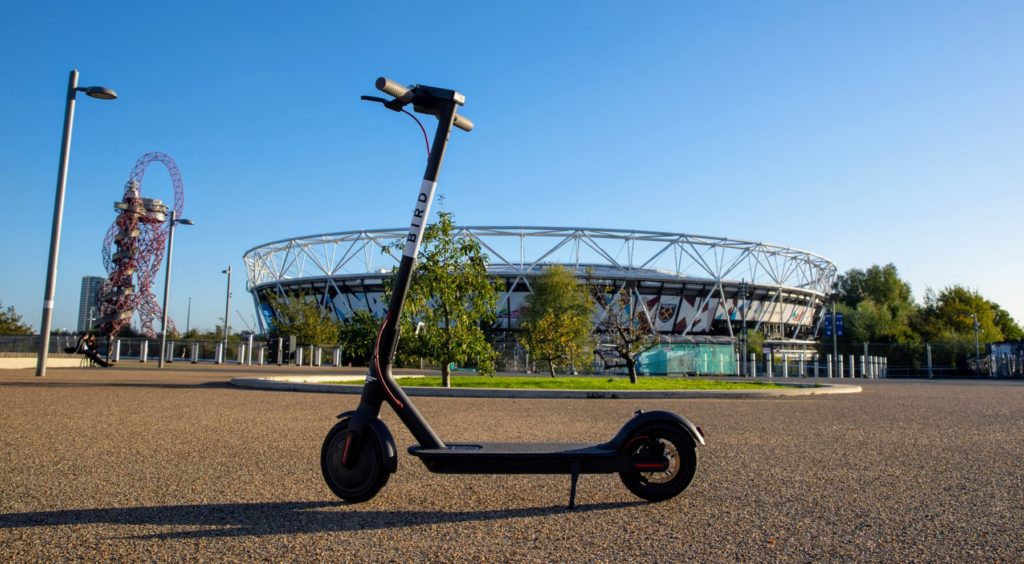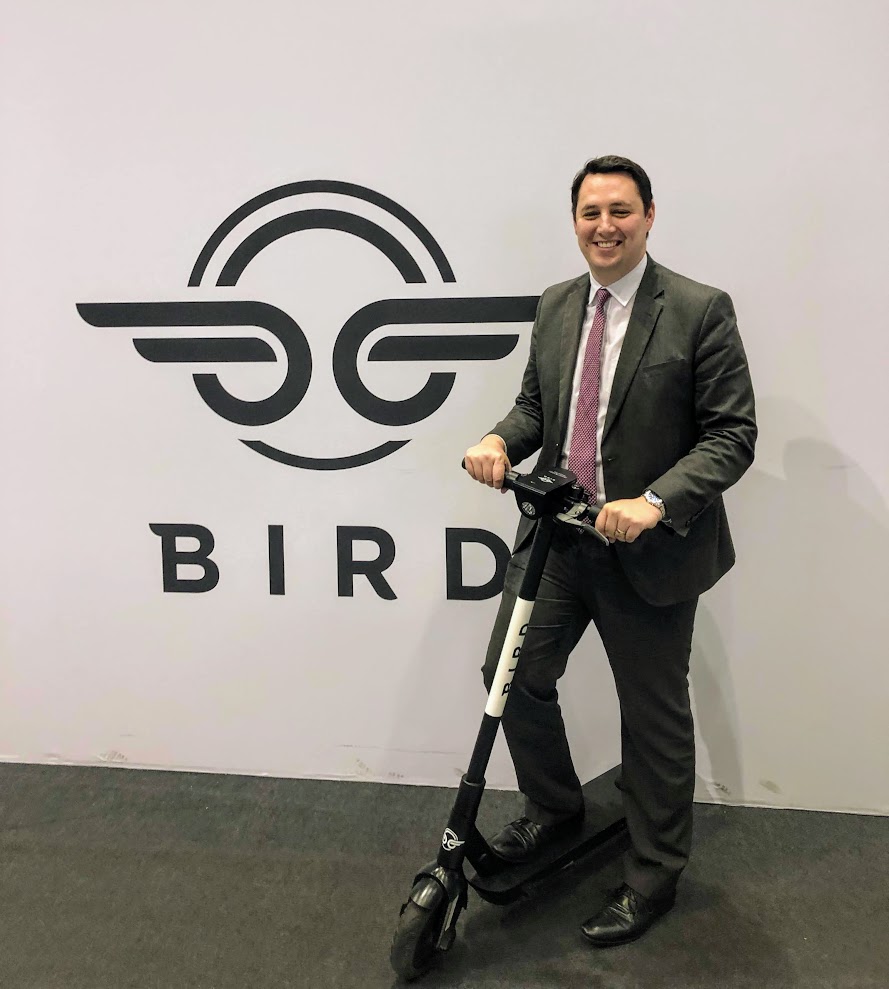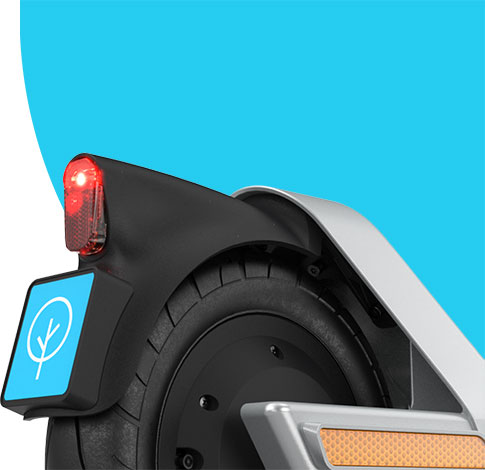It was a cloudy day in East London when an elderly woman approached a line of neatly parked electric scooters tucked at the far end of Queen Elizabeth Olympic Park. As she advanced, her gingerly pace punctuated by the tapping of her cane against the pavement, one of the nearby team members inquired whether she was looking for the Shrouds of the Somme art installation.
“No, dear,” she responded sprightly, amused. “I’m here to try the scooters.”
That was November 5, 2018—the day Bird introduced shared electric micromobility to the UK.
Of course, e-scooters were technically not permitted on London streets at the time, nor on any other public roadway in the UK. Olympic Park, however, is privately held land—an important distinction that allowed Bird to help Londoners get their first experience of shared micromobility along a safe, predefined route connecting Stratford to the Here East coworking campus.

The national headlines were quick to follow:
- You can ride Bird’s e-scooters in London starting today — but only in Olympic Park
- Bird is the first electric scooter company to launch in the UK, beating competitors to the punch
- UK laws prevent scooters from being used on roads or pavements, and Bird is in the process of lobbying for legislative change
Fast forward 20 months and scooter sharing is now set to become legal throughout the UK on July 4, 2020. According to the Department for Transport, micromobility trial programs are being fast-tracked in order to test for safety, sustainability and the potential to reduce traffic.
“As we emerge from lockdown, we have a unique opportunity in transport to build back in a greener, more sustainable way, which could lead to cleaner air and healthier communities across Great Britain,” said Transport Minister Rachel Maclean. “E-scooters may offer the potential for convenient, clean and cost-effective travel that may also help ease the burden on the transport network, provide another green alternative to get around and allow for social distancing. The trials will allow us to test whether they do these things.”
It’s true that the dramatic acceleration of road trials is due in large part to a global pandemic that has changed the way we experience almost every aspect of daily life, including urban mobility. More than a year before the devastation caused by the coronavirus, however, the team at Bird was hard at work engaging with lawmakers in the UK to help make this decision possible.

As the pioneers of the global shared electric-scooter industry and the only team with operational experience in the UK, we’ve been in a unique position to help share the benefits of micromobility with those who have the power to legalize it. Whether it was our City and Borough meetings in places like Oxford, Birmingham, Bristol, Manchester and London in the spring of 2019 or our numerous conference exhibitions showcasing the joys of scooting, our goal has been simple: work with policy makers to give Brits access to clean, affordable electric scooters.
“At such a crucial time, it’s inspiring to see the UK Government taking action to legalize shared micromobility,” said Caroline Hazlehurst, Bird’s VP of operations in Europe. “Our goal since the day we launched in Queen Elizabeth Olympic Park has been to one day help cities across the UK establish greener and more convenient transportation alternatives to cars. That day has now arrived, and Bird is ready to continue building upon our strong local relationships to make towns and cities more liveable for everyone.”
In the coming weeks, we look forward to launching our industry-leading scooters in cities across the UK. We’ll share more information on dates and locations as the moment nears. For the time being, we’d simply like to thank government leaders for taking this progressive step towards sustainable personal mobility, along with our Bird team members and partners in the UK who have worked tirelessly to get us to this point.

